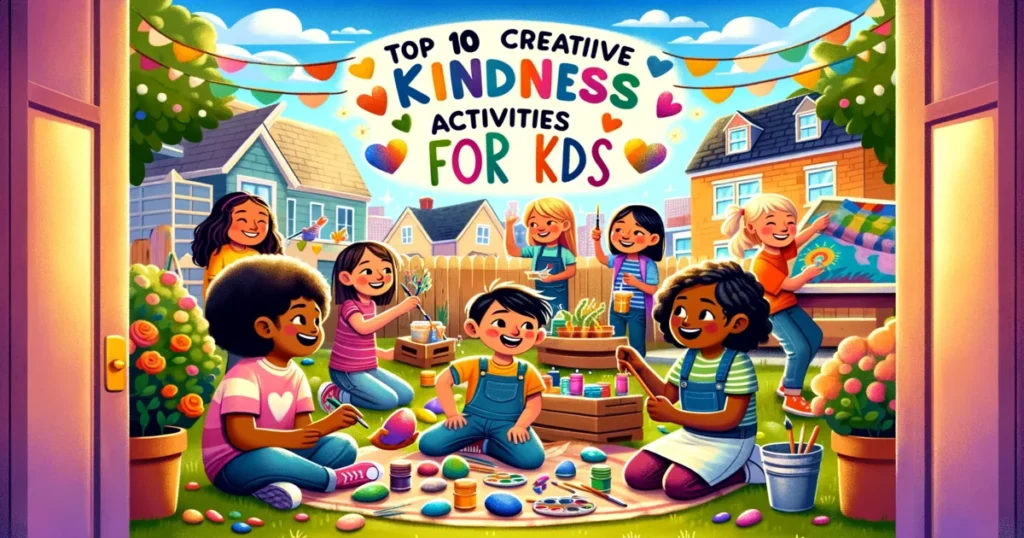Introduction of What Upsets Your Child:
Figuring out what upsets your child isn’t always straightforward. However, this guide is here to help you understand the common issues that might be troubling your little one. From the fear of new experiences to struggles with changes in routine, we’ll explore various factors that can cause distress. Consequently, armed with this knowledge, you’ll be better prepared to support and comfort your child through their ups and downs

Routine Changes and What Upsets Your Child:
A major factor in what upsets your child can often be changes in their routine. Whether it’s a new caregiver or a different school schedule, such changes can be unsettling. Children find comfort in predictability, and a disruption can lead to emotional responses like anxiety or tantrums.
Tip: Introduce new routines gradually and talk through these changes with your child, offering reassurance.
Understanding Overstimulation in Children:
One common reason for what upsets your child is overstimulation. Noisy environments, crowded places, or a day packed with activities can be overwhelming. Consequently, such sensory overload often results in your child feeling irritable or having meltdowns.
Tip: Be aware of signs of overstimulation and, therefore, create a quiet, comforting space where your child can relax.
The Role of Hunger and Sleep in Your Child’s Mood:
Hunger and sleep are basic needs that, when unmet, can be a big part of what upsets your child. Skipping meals or not getting enough sleep can make your child grumpy and more prone to emotional outbursts.
Tip: Maintain a regular schedule for meals and naps to keep your child fed and well-rested.
Addressing the Need for Attention:
Often, what upsets your child is a simple need for attention. In a busy household, your child might feel neglected or less important, consequently leading to them acting out for attention.
Tip: Therefore, make sure to spend quality time with your child every day, where they feel heard and valued.
Communication Struggles and Emotional Upsets:
If your child is struggling to communicate their needs or feelings, it can be a major factor in what upsets them. Especially in younger children who haven’t developed full speech, frustration can manifest as tantrums or crying.
Tip: Encourage your child to express themselves through words or pictures and respond with patience and understanding.
New Experiences and Anxiety:
New experiences can be exciting but can also be what upsets your child. The uncertainty of a new environment or meeting new people can cause anxiety and resistance in children.
Tip: Introduce new experiences slowly and offer plenty of reassurance and support along the way.
Sibling Dynamics and Emotional Stress:
Sibling rivalry or jealousy can significantly impact what upsets your child. They might feel competitive for your attention or struggle with sharing their space and toys.
Tip: Foster individual relationships with each child and teach them the value of sharing and cooperation.
Separation Anxiety’s What Upsets Your Child:
Separation anxiety is a common issue that can be deeply upsetting for children. The fear of being away from parents can cause significant distress, especially in younger children.
Tip: Practice short goodbyes and gradually increase the time apart, always ensuring a warm reunion.
Control and Autonomy Affecting Emotions:
Feeling powerless or unable to control situations can be a major contributor to what upsets your child. This can happen when they’re told to stop an activity they’re enjoying or are unable to get something they want.
Tip: Offer choices within boundaries to your child, giving them a sense of control.
Social Interactions: A Key to Emotional Upsets:
Interactions at school or playgroup can play a big role in what upsets your child. Conversely, issues with friends or feeling left out can deeply affect their emotional well-being.
Tip: Encourage open conversation about their day and their interactions with peers, thereby offering guidance and support.




